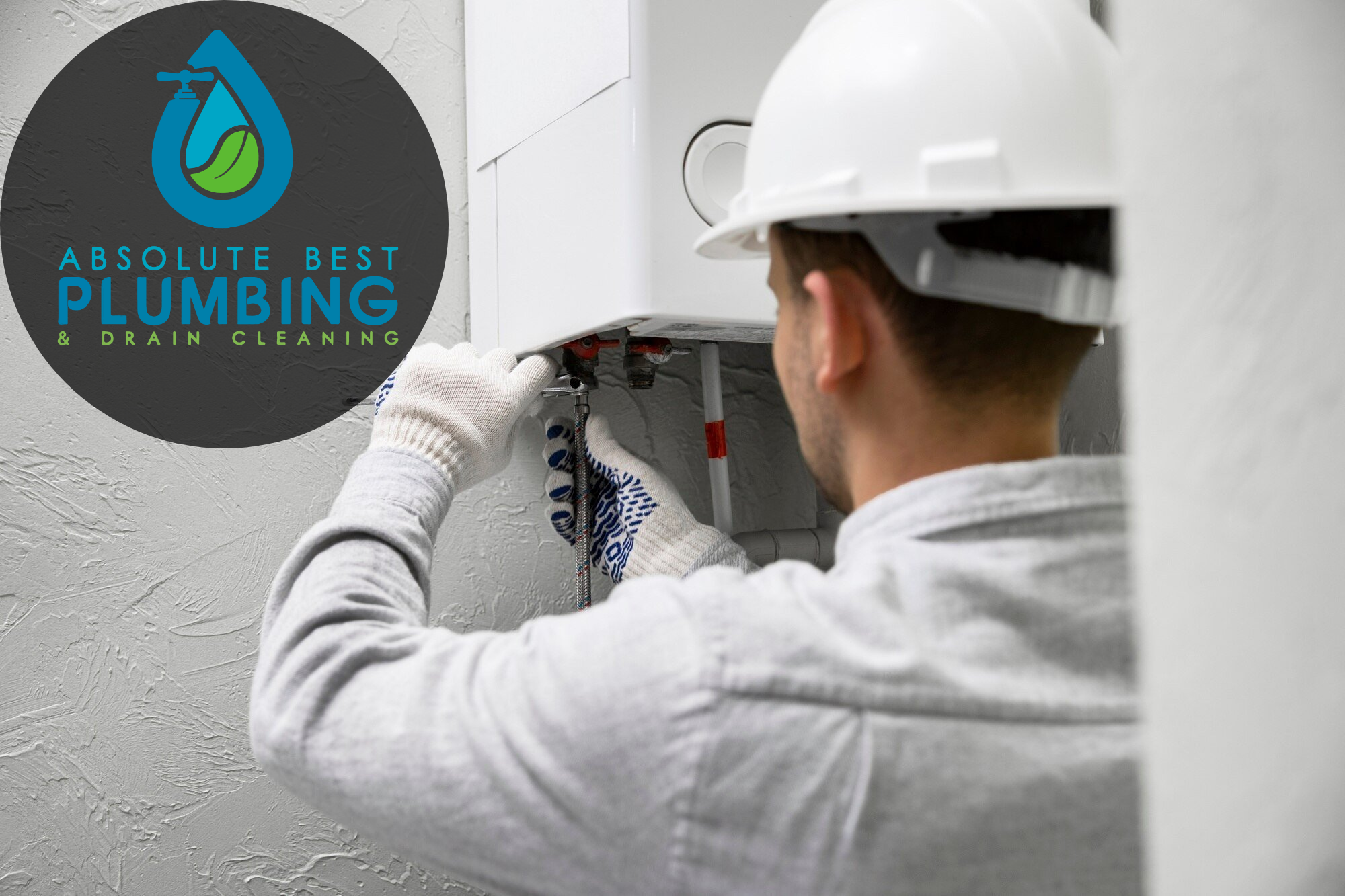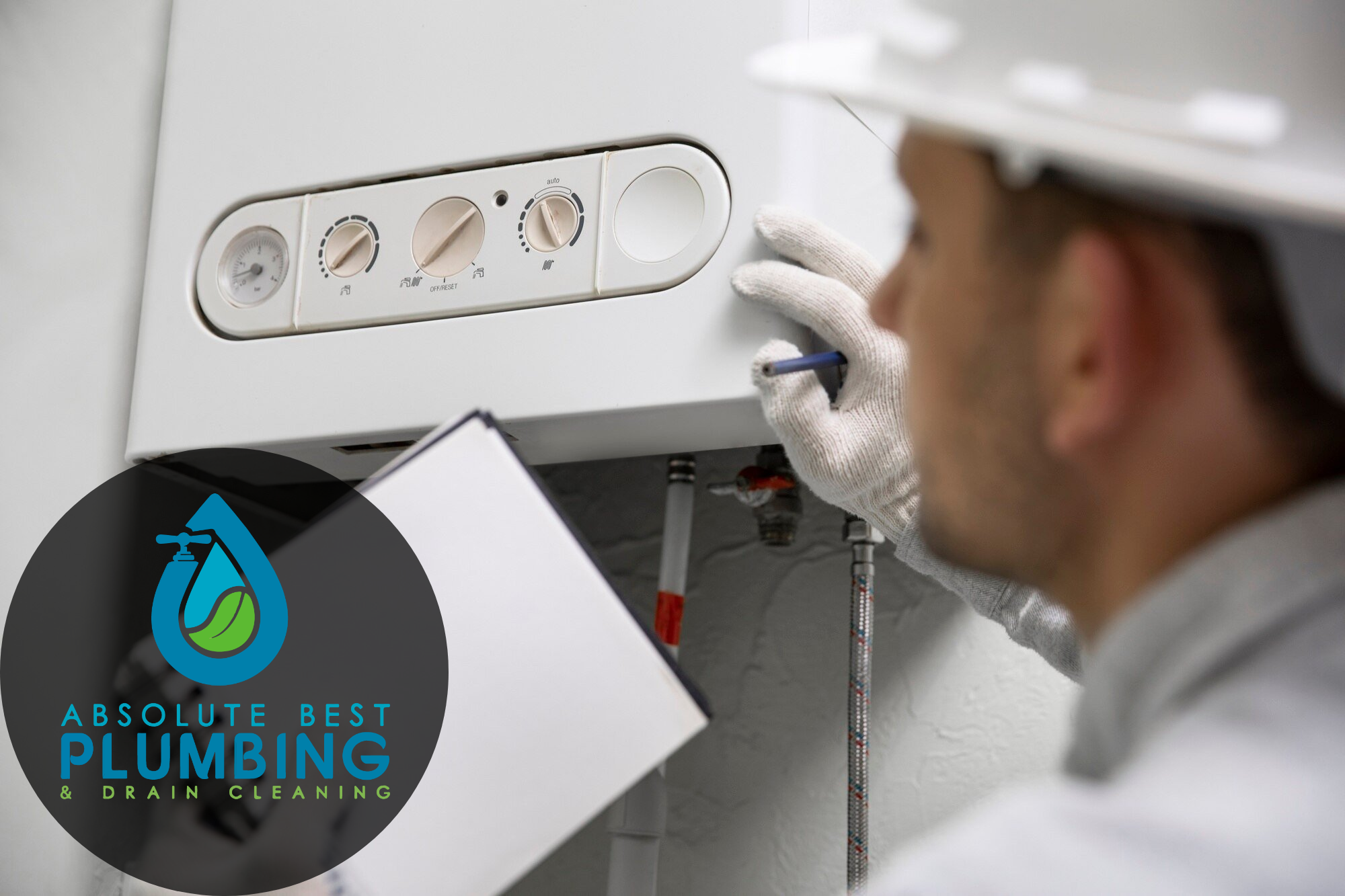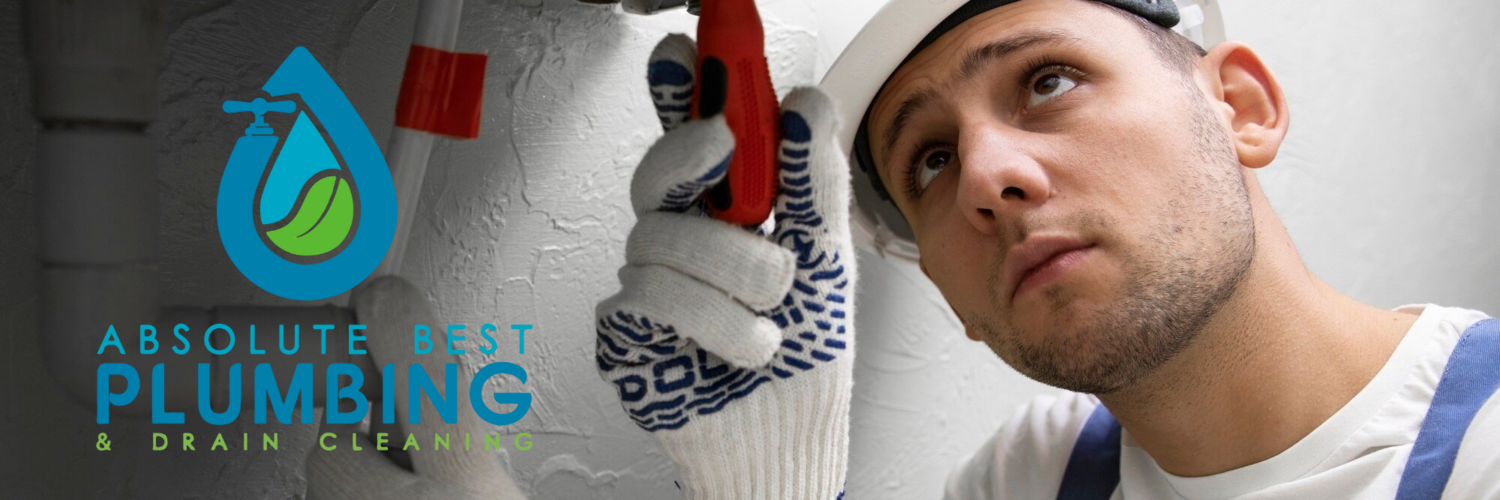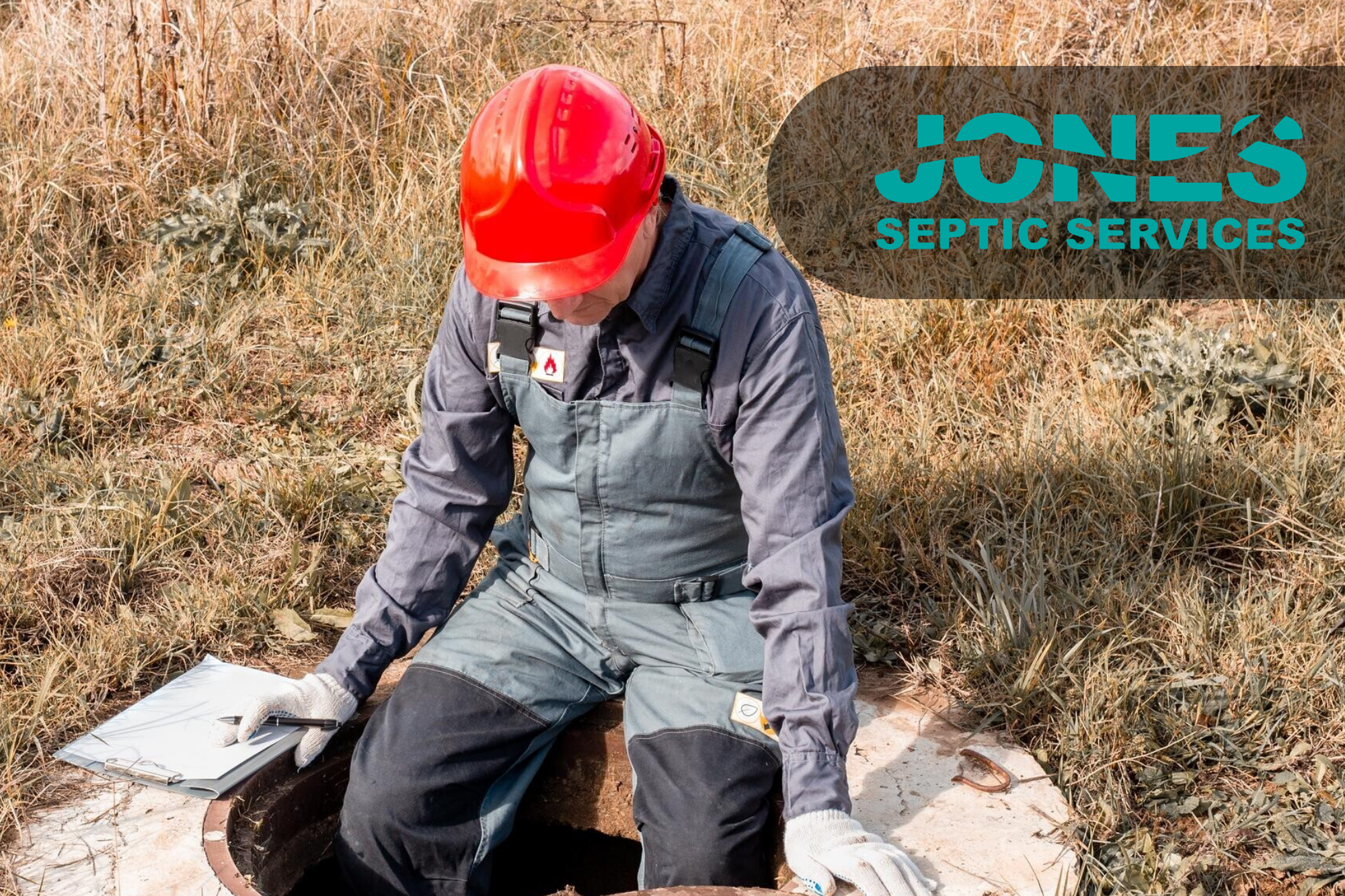There’s nothing like stepping into the shower expecting a warm stream, only to be greeted by an icy blast—or discovering a mysterious puddle around your water heater that wasn’t there yesterday. A leaking water heater can be one of the most disruptive and stressful plumbing issues for Orlando homeowners and property managers, and it’s not something to ignore.
Whether it’s a small drip or a full-on leak, the problem can quickly escalate into a costly water damage situation if left untreated. But don’t panic—this guide is here to help. We’ll walk you through what to do immediately, how to spot the source of the problem, and when to call the pros for Orlando Water Heater repairs or emergency plumbing help.
Why Water Heaters Leak in the First Place
Before we dive into what to do when your water heater leaks, let’s understand why it happens, especially in Central Florida homes. Orlando’s mix of hard water, heat, and aging infrastructure all contribute to plumbing wear and tear—especially in water heaters that run nonstop to meet your household’s needs.
Common causes of water heater leaks include:
- Corrosion of the tank due to mineral buildup
- Faulty drain valve
- Loose or worn connections at the inlet/outlet
- Excessive pressure inside the tank
- Broken temperature and pressure relief valve (T&P valve)
- Aging unit nearing or past its 10–15-year lifespan
While some of these issues are quick fixes, others require immediate attention or even replacement. Acting fast can minimize damage and potentially save you hundreds (if not thousands) in water damage repairs.

Step-by-Step: What to Do When Your Water Heater Is Leaking
1. Stay Calm and Assess the Situation
The sight of standing water can be alarming, but not all leaks mean disaster. Look around and try to pinpoint where the water is coming from. A small puddle might simply be condensation or a minor drip from a fitting, while larger pools or continuous dripping could indicate a serious problem inside the tank.
2. Turn Off the Water Supply to the Heater
Locate the cold water shut-off valve above your water heater and turn it clockwise to stop more water from entering the tank. If you can’t access it safely, shut off your home’s main water supply valve.
Need help finding it? It’s usually near the perimeter of your home—outside or in the garage.
3. Shut Off Power or Gas Supply
- For electric water heaters, turn off the breaker in your home’s electrical panel.
- For gas water heaters, locate the gas shut-off valve and turn it to the off position.
Never attempt to work on a water heater while power or gas is still connected—it’s dangerous.
4. Drain the Tank (if safe and necessary)
If the leak is severe and the tank is full, you may need to drain it to prevent further damage. Attach a garden hose to the drain valve and run it to a floor drain or outside.
Important: If the water is hot, use caution to avoid burns. If you’re unsure how to safely do this, it’s best to call for emergency plumbing services Orlando right away.
5. Call a Licensed Orlando Plumber
Even minor leaks should be inspected by a professional. Absolute Best Plumbing’s team is available 24/7 and experienced in handling everything from minor part replacements to full heater installations, ensuring you get fast, honest service when you need it most.
How to Identify the Source of the Leak
Understanding where your water heater is leaking from can help you explain the situation to your plumber—and in some cases, prevent future problems.
Here’s what to check:
✔️ The Drain Valve
Located at the bottom of the tank, the drain valve is used to empty the unit for maintenance. Over time, it may loosen or wear out. If the leak is slow and near the base, this could be your issue.
✔️ The Cold and Hot Water Inlet/Outlet
The connections where water enters and exits the tank can become loose over time due to vibration or wear. Check for moisture or dripping at the top of the unit.
✔️ The T&P Valve (Temperature & Pressure Relief Valve)
This safety valve releases water when the tank becomes too hot or pressurized. If this valve is constantly leaking, it could mean your system is overheating or the valve is failing.
✔️ The Tank Itself
If water is dripping from the body of the tank, you likely have internal corrosion—a sign that your unit is reaching the end of its life. In this case, replacement is usually necessary, not just a repair.
When to Repair vs. Replace Your Water Heater
Wondering whether to repair or replace your leaking unit? Here are some helpful guidelines:
Repair may be possible if:
- The unit is less than 8 years old
- The leak is from a fitting, valve, or pipe connection
- You haven’t had repeated problems in the past
Replacement is the better option if:
- The tank itself is leaking or corroded
- Your water heater is over 10–12 years old
- You notice rusty water or fluctuating temperatures
- You’re calling for repairs frequently
Absolute Best Plumbing offers comprehensive Orlando Water Heater repairs and honest recommendations if a new unit would be more cost-effective in the long run.
Types of Water Heaters and Leak Risks
The type of water heater you have can influence how and why it might leak. Here’s a quick breakdown:
Traditional Tank Water Heaters
Most homes in Orlando use these. They store 30–80 gallons of hot water, and leaks typically occur due to tank corrosion, pressure issues, or failing components like valves and fittings.
Tankless (On-Demand) Water Heaters
More energy-efficient and compact, but they’re not leak-proof. Leaks usually stem from internal seals, improper installation, or pipe connections.
Thinking about switching to a tankless model? Let Absolute Best Plumbing guide you through your options during your next plumbing services Orlando consultation.
Water Damage Risks from a Leaking Heater
It’s not just the leak—it’s what happens around it. Left untreated, even a slow drip can lead to:
- Warped flooring or mold under carpet
- Damage to drywall, insulation, or framing
- Electrical hazards if water reaches outlets or wiring
- High utility bills from wasted water or heat
If your leak has already caused water damage, a plumber can also inspect the surrounding area and help mitigate further issues. In some cases, it might reveal a larger issue like underground leaks, which require water line repair service Orlando.
Preventing Future Water Heater Leaks
An ounce of prevention is worth a gallon of saved water. Here’s how to keep your water heater leak-free and running efficiently:
🔧 Schedule Annual Maintenance
Have a professional plumber flush your tank, inspect valves, and check for wear. This service is fast, affordable, and can extend your heater’s lifespan.
💧 Install a Leak Detector
Place a sensor near your water heater to alert you at the first sign of a leak. Some models even send alerts to your phone.
🔄 Replace the Anode Rod
This sacrificial part attracts minerals that would otherwise damage your tank. Replacing it every 3–5 years is a smart move, especially with Orlando’s hard water.
🚰 Check Water Pressure
High pressure accelerates wear on your plumbing system. Install a pressure-reducing valve (PRV) if necessary. A licensed plumber can check your home’s pressure during a routine inspection.
Other Plumbing Issues Often Discovered with Leaking Heaters
When plumbers inspect a leaking water heater, they often find other minor issues that, if ignored, could become major repairs down the line. These may include:
- Corroded supply lines
- Worn washers or leaky faucets (leading to wasted water)
- Poor drainage near the base of the heater
- Signs of aging pipes needing pipe replacement Orlando
- Issues with fixtures needing faucet repair installation Orlando
Plumbing systems are interconnected, so it’s wise to get a full inspection if your water heater is leaking. Absolute Best Plumbing can ensure your entire setup is safe and up to code.

Orlando Homeowners: Why Local Expertise Matters
Florida homes deal with year-round heat, hard water, and seasonal storms, all of which take a toll on your plumbing. That’s why it’s essential to work with a plumber who knows the unique needs of Central Florida homes.
Absolute Best Plumbing is proud to serve the Orlando community with local technicians who are trained, experienced, and prepared for anything. From Clogged Toilet Repair Services Orlando to full remodels and fixture upgrades, they bring professionalism, transparency, and real solutions.
External Resources for Further Reading
If you want to explore more about water heaters, home safety, or energy efficiency, here are three helpful, government-backed resources:
- Energy Saver by the U.S. Department of Energy – Tips for choosing energy-efficient water heaters
- EPA WaterSense Program – Information on water conservation fixtures and habits
- FEMA Flood Protection and Water Damage Info – How to reduce damage from water heater floods
FAQs: Leaking Water Heater Repair & Replacement
- How do I know if my water heater is leaking or just sweating?
In humid places like Orlando, it’s common for water heaters to “sweat” or form condensation—especially during summer months. If you see a light film of moisture that dries up quickly, that’s likely condensation. However, pools of water that keep coming back, or visible dripping from valves or underneath the tank, are strong indicators of a leak. When in doubt, place a paper towel under the suspected area and check it after an hour or two. Still wet? Time to call a professional. - Can I keep using hot water if my tank is leaking?
It’s not a good idea. While it might be tempting to “just finish the laundry” or “grab one more hot shower,” using a leaking water heater puts extra strain on the unit, which could lead to sudden rupture or electrical hazards. If your unit is leaking, shut it down and call for help—it’s safer, and you’ll prevent further damage to your home. - How long does it take to replace a water heater?
For a straightforward replacement, most professional plumbers can have your new unit installed in about 2 to 4 hours. However, if the job requires upgrades to code compliance, additional parts, or you’re switching to a tankless system, it might take longer. A licensed plumber will give you a time estimate before starting. - Should I repair or replace my heater if it’s leaking?
It depends on what’s leaking and how old the unit is. If it’s a valve or a connection and your heater is still under 8 years old, repairs are likely fine. But if the tank itself is leaking or corroded—and especially if your unit is over 10 years old—replacement is typically the safer and more cost-effective solution. - What size water heater do I need for my home?
This depends on your household’s water usage. A family of four generally does well with a 50-gallon tank, but if you run multiple showers, dishwashers, or laundry machines at once, you may need more. A plumber can help you calculate your demand and recommend the right size and type for your lifestyle. - Are tankless water heaters better?
They can be! Tankless heaters offer on-demand hot water, take up less space, and generally last longer than traditional tanks. However, they do cost more upfront and may require upgraded plumbing or electrical work. For many Orlando homeowners looking to increase energy efficiency, they’re a smart long-term investment. - Can I install a water heater myself?
It’s possible in some areas—but not advisable. Water heaters involve electrical wiring, gas lines, and high-pressure water. One small mistake could lead to injury, fire risk, or code violations. Hiring a licensed plumber ensures it’s done safely, up to code, and usually much faster. - What’s the average lifespan of a water heater in Orlando?
Generally, water heaters last 8–12 years, but Florida’s hard water can shorten that lifespan if the unit isn’t regularly flushed or maintained. Routine service, such as replacing the anode rod and draining sediment, can keep your heater running longer. - Will my homeowner’s insurance cover water heater leaks?
Sometimes. Most policies cover sudden and accidental leaks—but not leaks caused by neglect, old age, or poor maintenance. If water damage occurs, take photos, document everything, and contact your provider as soon as possible to clarify your coverage. - Can a leaking heater cause mold?
Yes—and that’s a big reason why time is critical. Leaks often go unnoticed in utility closets or garages, and within 24–48 hours, standing water can trigger mold or mildew, especially in humid Florida conditions. Mold can lead to respiratory problems and costly remediation, so don’t wait to fix that leak.





